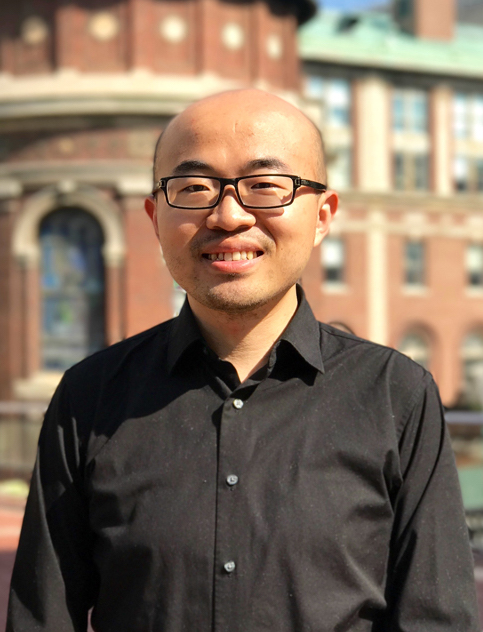About
Created: 2014-03-06. Modified: 2025-04-27
Formal bio
Yu Luo is a Senior Principal Investigator and modeling subject matter expert in the Biopharmaceutical Drug Substance Development department at GSK. He joined GSK in 2021 after completing his Ph.D. in Chemical Engineering at Columbia University and a postdoctoral position at the University of Delaware.
During his tenure at GSK, Yu has played a pivotal role in advancing model-based process development, monitoring, and control. He leads a matrix Process Analytical Technology (PAT) team with members from manufacturing and R&D organizations to advance and industrialize Raman spectroscopy for real-time process monitoring and control at both pilot and commercial scales. Additionally, he applied his modeling skills to enhance the productivity of multiple assets. Notably, he introduced the Design of Dynamic Experiments approach to cell culture process development at GSK, enabling the creation of efficient experiments with dynamic inputs. In collaboration with R&D and Global Supply Chain partners, Yu has developed and deployed digital twins for commercial products and late-phase biologics, thereby enhancing the consistency and productivity during the manufacture of commercial products such as Nucala and Jemperli.
Yu served as an Associate Fellow at GSK and continues to mentor multiple employees, as well as industry-affiliated Ph.D. students and postdoctoral fellows from various academic institutions. Through these efforts, Yu is advancing scientific innovation both within and outside GSK and nurturing the next generation of talent in bioprocessing.
News
I received the 2025 Martin Sinacore Young Investigator Award and was invited to give an award lecture titled Stories of Growth in Model-Based Process Development, Monitoring, and Control at Cell Culture Engineering XIX in Tucson, Arizona.
I put together some writing tips that I learned from the late Prof. Babatunde A. Ogunnaike.
My "modular" job application LaTeX template is now available on GitHub and Overleaf. Feedback is welcome!
What are my core research interests?
My core research interests are data, complex systems, and the human factor under the general theme of decision-making. How to make better decisions is a fundamental question for individuals, organizations, and societies, and there is no easy answer. Systems research, especially process systems engineering (PSE), with the help of artificial intelligence (AI), is the approach I’ll focus on to tackle some of the decision-making challenges in chemical engineering, biomanufacturing, and society.
| Data | Complex Systems | Human Factor |
|---|---|---|
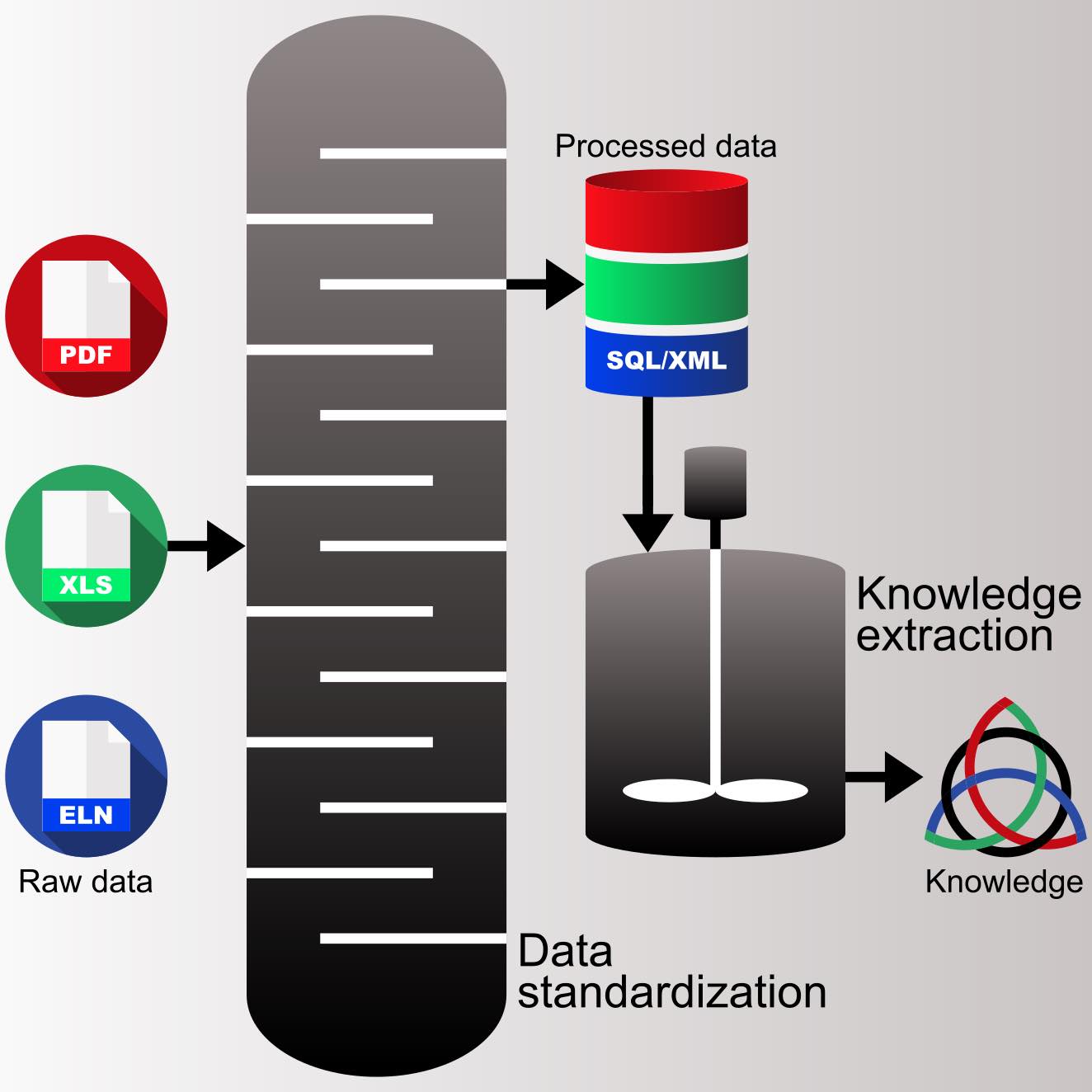 | 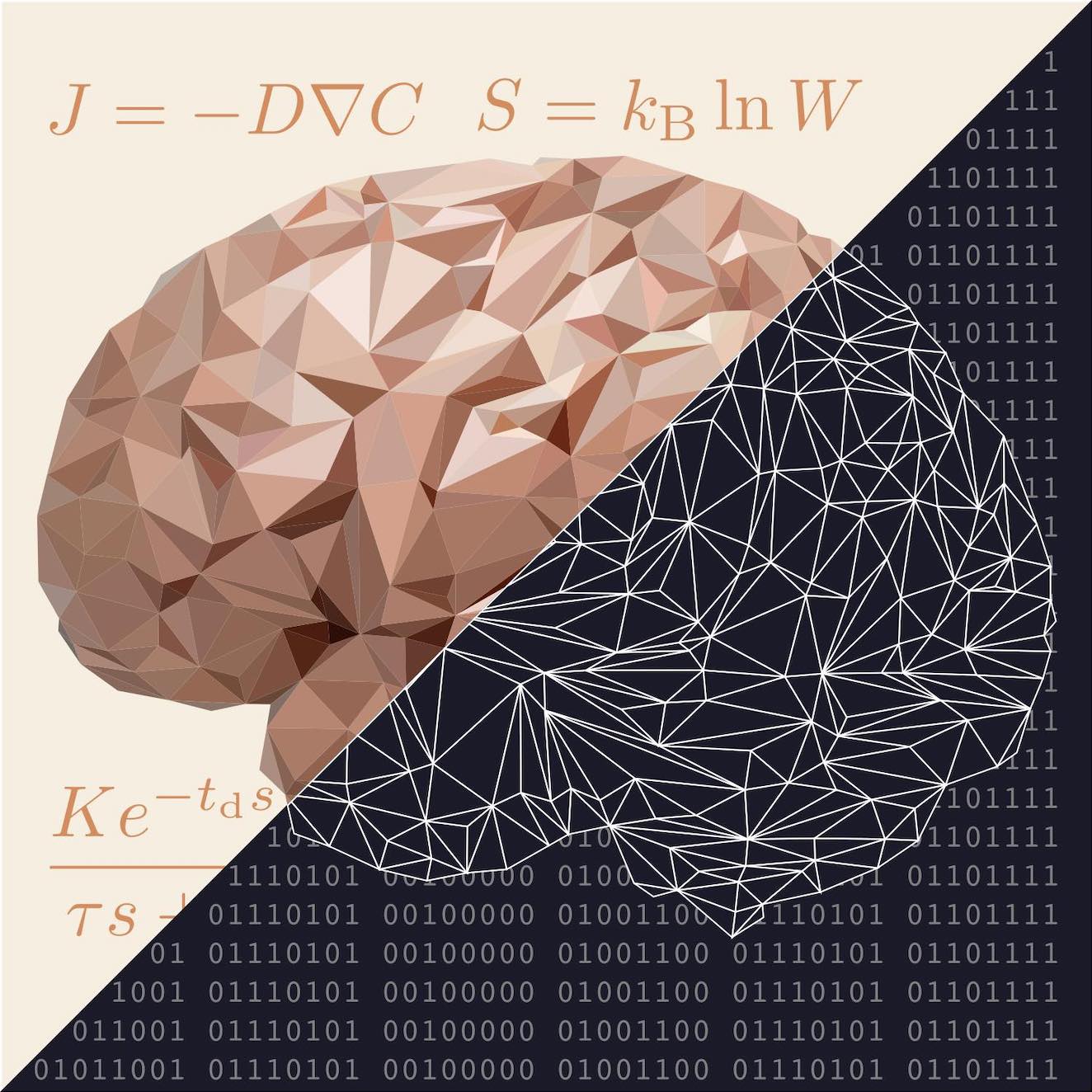 |  |
Data have now become one of the most valuable resources in various industries because of the recent advances in machine learning (ML). Like natural resources, data can be scarce, abundant, or messy, prompting distinct approaches to data-driven decision-making problems. I am interested in employing optimal experimental design (OED) methods to generate data efficiently (when data are scarce), extracting information about underlying dynamics and causality from open data (when data are abundant), improving data management in biopharmaceutical research (when data are messy), and using hybrid models to develop explainable artificial intelligence (XAI) applications (when data-driven models are opaque).
The problem is not that today’s AI needs to get better at what it does. The problem is that today’s AI needs to try to do something completely different. (Gary Marcus and Ernest Davis, 2019)
Feedback phenomena, networks, and multiple interacting agents are prevalent characteristics of both biological systems (e.g., metabolism) and artificial systems (e.g., chemical processes, social networks). The underlying nonlinearity and uncertainty make these systems challenging to understand, predict, and manage. My research falls into three broad categories: 1) systems biology through agent-based modeling (to understand system dynamics), 2) identification and prevention of unintended negative consequences using process hazard analysis (PHA) and data-driven techniques (to predict system behaviors), and 3) biomedical applications based on control theory (to manage system outcomes).
There is only one difference between a bad economist and a good one: the bad economist confines himself to the visible effect; the good economist takes into account both the effect that can be seen and those effects that must be foreseen. (Frederic Bastiat, 1850)
In the AI era, it is worth re-considering the role of human decision-making—algorithms should assist, not replace, humans. In my opinion, creating any algorithmic, human-in-the-loop decision-making tool needs to have a basic understanding of human behavior and design such a tool with intentions. Unlike quantifiable objectives in process design, e.g., productivity and product quality, intentions are human-facing and more subtle. I am interested in borrowing the intention-based design principles from industrial and user experience design and developing tools for process monitoring (how to prioritize data visualization), detection and diagnosis (how to diagnose problems like a human operator or medical doctor), and safety (how to prevent runaway situations caused by either algorithm glitch or human error).
Most people make the mistake of thinking design is what it looks like. People think it’s this veneer—that the designers are handed this box and told, “Make it look good!” That’s not what we think design is. It’s not just what it looks like and feels like. Design is how it works. (Steve Jobs, 2003)
| Research Interests and Topics |
|---|
What did I work on as a postdoc?
My research involves the modeling, monitoring, design, and control of cell culture and glycosylation processes in the manufacture of therapeutic monoclonal antibodies (mAbs).
- Nature podcast: Monoclonal antibodies, from basic science to blockbuster drugs (link)
- Ajit Varki: Nothing in glycobiology makes sense, except in the light of evolution (PDF)
What about my Ph.D.?
My doctoral thesis is on multi-agent control in sociotechnical systems. I am interested in understanding the collective dynamics of interacting, intelligent individuals in a crowd. From a control theory angle, once we know how opinions and decisions evolve and respond to social feedback, we can design mechanisms that improve the collective decision-making process. In other words, how do we make a crowd “smarter” by providing useful feedback? I have also worked on topics such as income inequality, opinion dynamics, and managing systemic risk in finance, insurance, public health, high-frequency trading, and mining safety.
- James Surowiecki: The Wisdom of Crowds (link)
- Cass Sunstein: Wiser (link)
- Richard Thaler and Cass Sunstein: Nudge (link)
- Venkat Venkasubramanian: How Much Inequality Is Fair? (link)
Whom have I worked with so far?
| Name | Field | Role |
|---|---|---|
| Bosede B. Afolabi | Bio | Collaborator |
| Michael J. Betenbaugh | Bio | Collaborator |
| Richard Bookstaber | Finance | Collaborator |
| Brian Burk | Finance | Collaborator |
| Paul Glassman | Finance | Collaborator |
| Mila González | Public health | Collaborator |
| Sanjay Gupta | Finance | Collaborator |
| Garud Iyengar | Optimization | Advisor |
| Cleo Kontoravdi | Bio | Collaborator |
| Adrian Wing-Keung Law | Civil engineering | Advisor |
| Matthew J. Lazzara | Bio | Collaborator |
| Dong-Yup Lee | Bio | Advisor |
| Stephen S. Morse | Public health | Collaborator |
| Babatunde A. Ogunnaike | Systems | Advisor |
| Maria Papathanasiou | Bio | Collaborator |
| J. Vincent Price | Bio | Collaborator |
| Anne S. Robinson | Bio | Collaborator |
| Gene Schaefer | Bio | Collaborator |
| Rajiv Sethi | Economics | Collaborator |
| Jay Sethuraman | Economics | Collaborator |
| Raghu Shivappa | Bio | Collaborator |
| Nick Silitch | Finance | Collaborator |
| Venkat Venkatasubramanian | Systems | Advisor |
| Albert Zhizun Zhang | Finance | Collaborator |
What do I do for fun?
My “extracurricular” activities are always evolving; I taught myself piano, music composition, and painting. Below are a few of my favorite podcasts (as of January 2024).
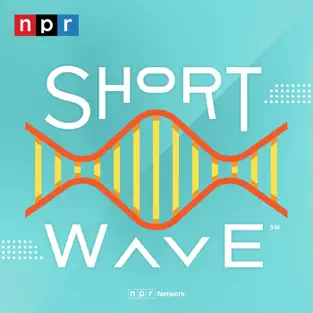 |  |  |  |
 |  |  |  |
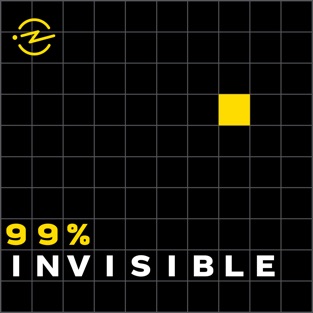 | 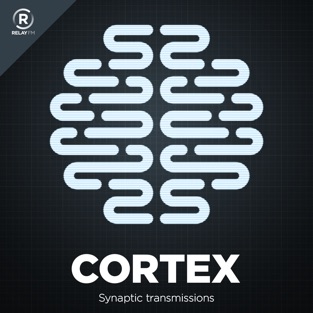 |  |  |
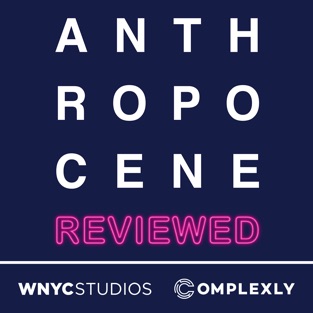 |  |  |  |
